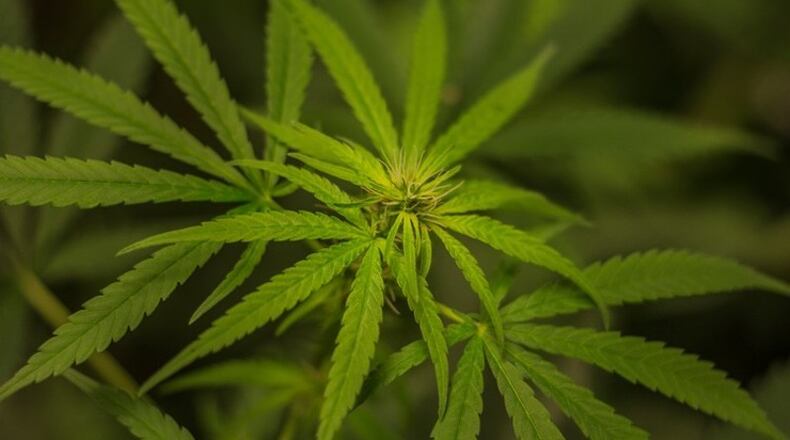You might want to think twice before you light up that joint in Piedmont Park or anywhere else in the city of Atlanta.
The drug is still illegal, despite Monday’s move by the Atlanta City Council to eliminate jail time and reduce the penalty for possession of small amounts of marijuana, Atlanta Police Chief Erica Shields said Tuesday.
In an interview with The Atlanta Journal-Constitution, Shields said some media and advocates of cannabis decriminalization are confusing the public by suggesting the Council’s action gives Atlanta residents permission to use pot without consequence.
"In the weeks leading up to this, there has been all this emphasis on decriminalization and legalization, and that is not what the ordinance is," she said. "The ordinance is not written requiring anything different of law enforcement. The ordinance strictly deals with the city courts and municipal court and their fine process.
“Our concern has been, ‘OK, we’ve got to get this messaging right,’” she said. “Don’t lay up and think this is legal. I think that there has been very mixed messaging on that.”
The City Council unanimously passed an ordinance sponsored by Atlanta City Councilman and mayoral candidate Kwanza Hall that reduces the fine for possession of an ounce or less of pot from up to $1,000 to a maximum of $75. Jail time for possession of the same amount was eliminated, compared to the possibility of up to six months under the previous law.
Atlanta Mayor Kasim Reed late Monday tweeted that he looked forward to reviewing and signing the legislation.
Hall said he has been very careful to separate the illegality of pot possession from the penalty reductions. He acknowledged that the drug remains against the law, but said his legislation creates a punishment that is more in line with what he sees as a very minor infraction.
“Chief Shields is right. Georgia law does not allow us to legalize marijuana possession,” Hall said Tuesday. “What we did do yesterday, by making marijuana a non-jailable offense in our city code, will help lessen the impact on about 1,000 people every year who are booked into our jail on marijuana-only arrests.”
Hall has said the change was necessary to address disparities in the numbers of African Americans arrested for possession. Between 2014 and 2016, 92 percent of those arrested for possession in Atlanta were African American and 85 percent were male, according to the Racial Justice Action Center in East Point.
Atlanta’s move comes as cities and states across the country have either reduced penalties for possession of small amounts of the drug or made it legal. The city of Clarkston in DeKalb County approved lowered fines and eliminated jail time on possession of an ounce or less in 2016. Like Atlanta, possession of pot remains illegal in Clarkston.
Local and national members of NORML, a Washington, D.C.-based advocacy group for marijuana reform, said changing such a long-standing law will require public education. NORML’s Georgia chapter leader Sharon Ravert, founder of Peachtree NORML, said the group plans to help educate Atlanta residents as it works to try to change marijuana laws at the state level.
Justin Strekal, political director of NORML’s national office, said the confusion over that is legal and what is not is understandable. With so many states and local municipalities jumping on board to change marijuana laws, the public can easily conflate relaxed punishment with legality if not educated.
Shields said she’s told officers that she’s not interested in using marijuana arrests to inflate arrest numbers. She would rather have officers focus on violent crimes and getting guns off the street.
“I don’t want to see someone do jail time for a bag of weed,” Shields said. “That accomplishes nothing.
“For our officers, let’s stay on the path of violent crimes,” she said.
About the Author
Keep Reading
The Latest
Featured



